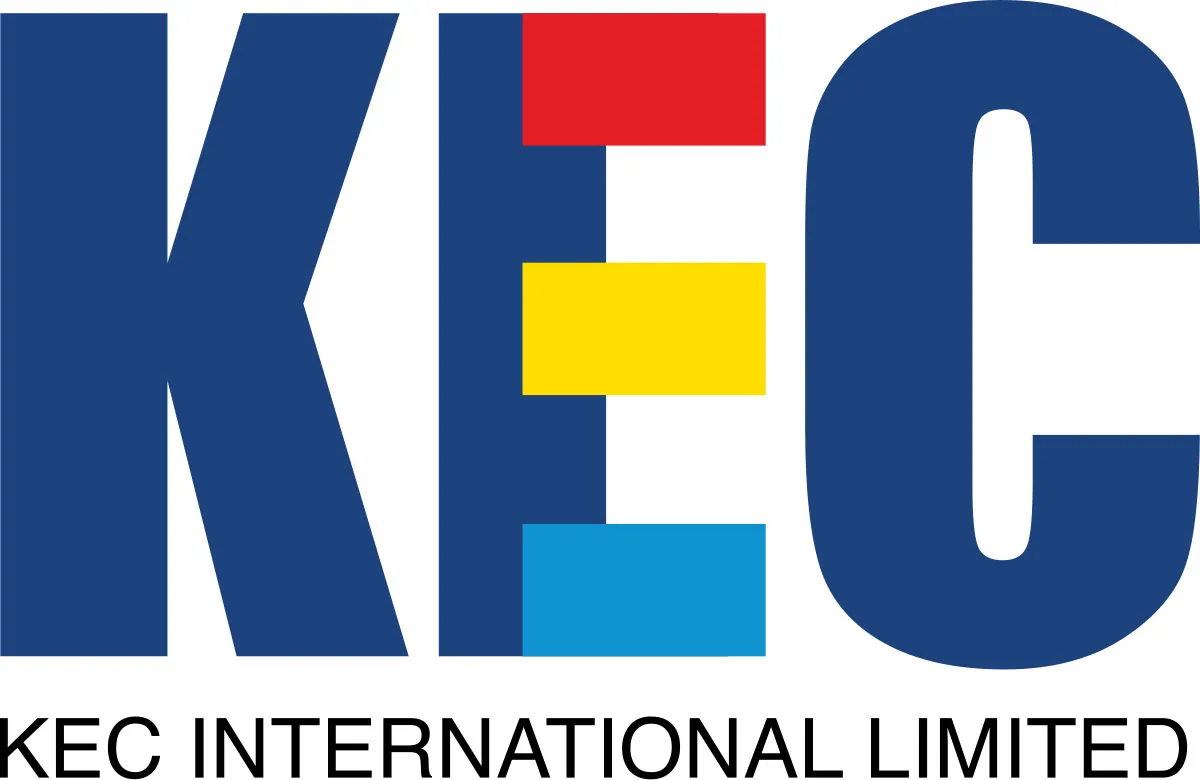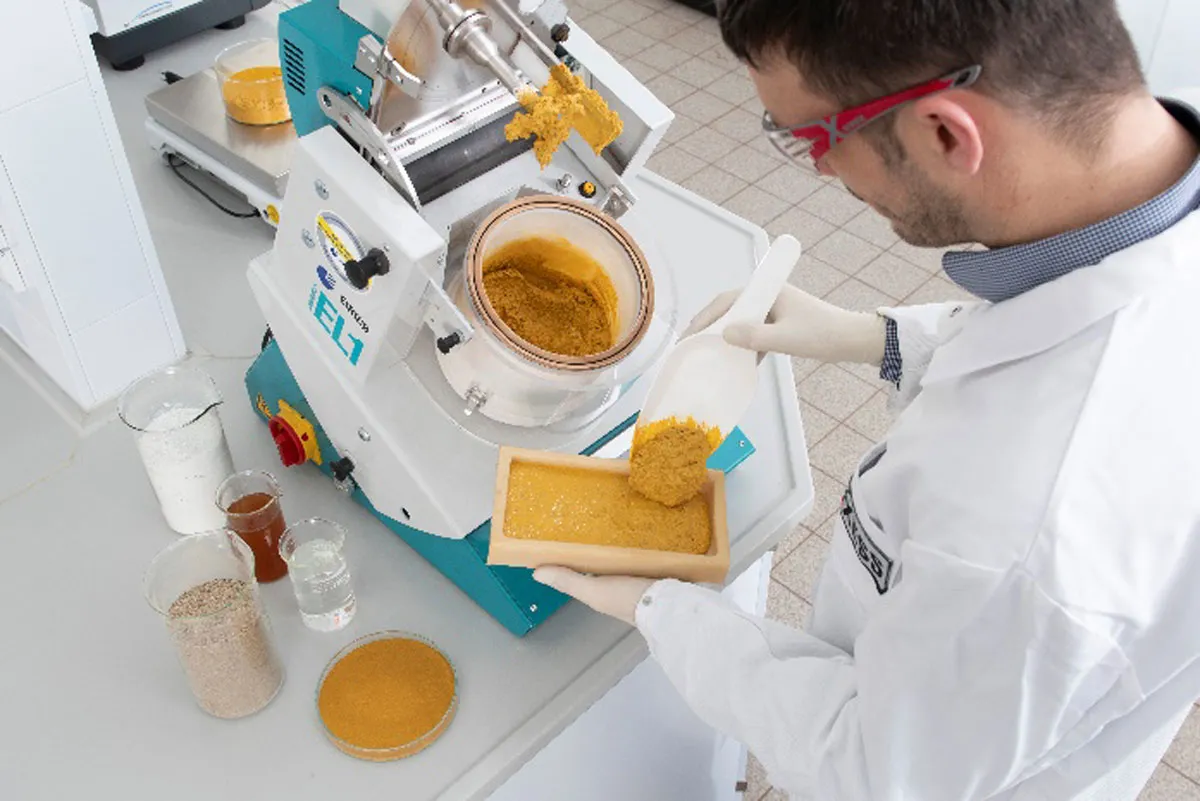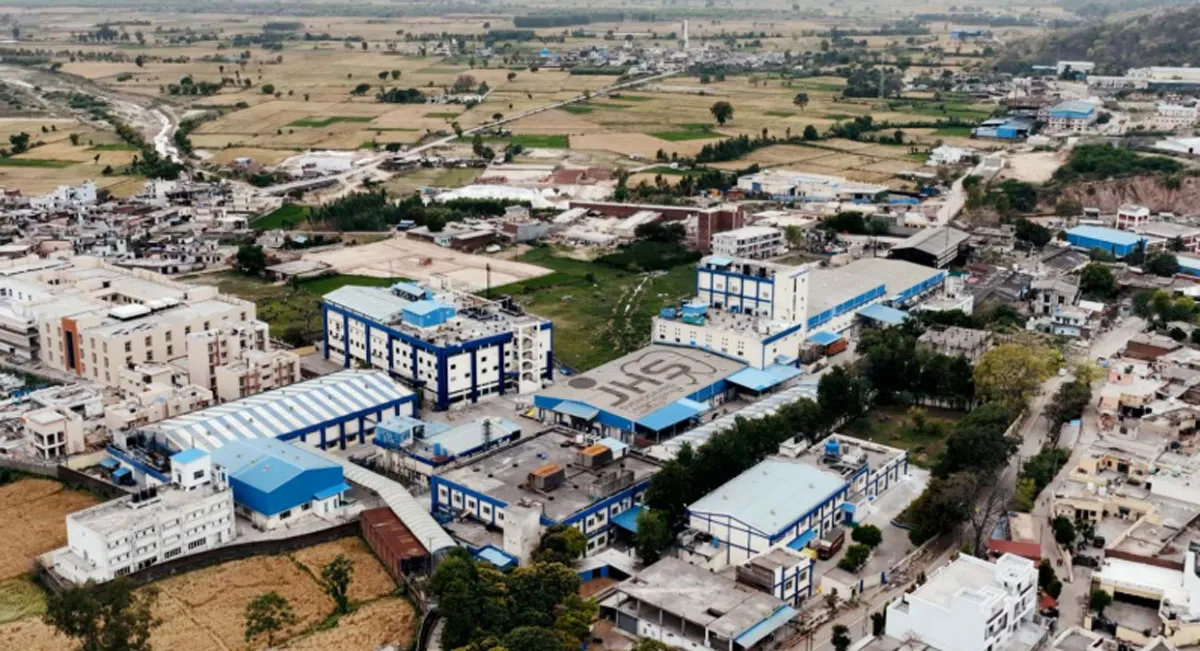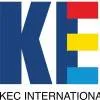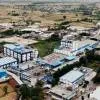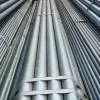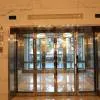12 Speakers
Five high-powered sessions
August 21, 2015, Mumbai:
Buildings today are complex concatenations of structures, systems and technology. Over time, each of the components inside a building has been developed and improved, allowing modern-day building owners to select its features independently. Smart buildings go well beyond just using smart materials and protocols. So, what exactly are these? A smart building uses information technology to connect a variety of subsystems, which typically operate independently, so these systems can share information to optimise total building performance. Enabled by technology, this smart building connects the structure itself to the functions it exists. That said, smart buildings look beyond the building equipment within their four walls.
With a packed hall of industry leaders, the Smart Buildings Summit got underway in Hotel Four Seasons, Mumbai, on August 21, 2015. Organised by CONSTRUCTION WORLD and Smart Cities Council India, the summit’s theme was Smart Buildings: Redefining Our Buildings.
In his welcome address, Pratap Padode, Founder Director, Smart Cities Council India, set the tone for the day. He emphasised on the need for smart buildings and our responsibility to conserve resources, affirming that 60 per cent of our GDP comes from cities. Referencing the fact that the personal computer was named ‘Machine of the Year’ in 1982, Padode said: “I am waiting for 2022, when CW will name the ‘Smart Building’ the “Man of the Year.”
This was followed by the keynote address by V Suresh, Vice-Chairman, National Building Code of India (NBC). Focusing on the need of the hour, he said “We need to double the per cent of land available by new township development due to the rising population.” He spoke about the revised version of the Building Code, which is expected by the end of the year, and is currently being worked on by NBC, keeping in mind the new missions of AMRUT, 100 Smart Cities and Housing For All. With building materials going through tremendous technological changes, Suresh emphasised, “Prefabricated concrete is going to be a major component, so are structural glazing and glass; the most important component being green building.”
Part of the inaugural session was an international case study by Margeret Boethig, GMP Architects, Germany, who spoke of smart building components, such as functionality, safety, efficiency, construction and material, maintenance, environmental quality, design and atmosphere, integrated service utilities, viability and building control system. “The structural order is very important while designing a building,” she underlined. The first session, ‘Smart Buildings: Changing Landscape in India’, focused on key initiatives taken in India to develop smarter buildings; the benefits of having smart buildings; threefold integrated building planning with architects, structural engineers and technology players; lifecycle costing; and better management of power, water and waste. Moderator Pranay Vakil, Founder Chairman, Praron Consultancy, said on an opening note, “The fact that you are comfortable in a building means it is smart.” Citing examples of the Godrej Convention Centre in Hyderabad and the Burj Khalifa, he said smart buildings already exist and the world needs to follow these standards in becoming smart.
Panellist architect Abhin Alimchandani said the characteristics of smart buildings include three components: Design that is intelligently conceived; green and sustainable; and smart. “Green building is the overall subset of what a smart building is,” he iterated. Adding to this, Shubhranshu Pani, Regional Director, Infrastructure Services, JLL, said smart buildings should be socially responsible and economically viable. “Buildings will be smart when they start talking. This will happen when the cost of smart buildings becomes on a par with the cost of conventional buildings”.
It is important to understand the future of building automation and the part played by technology in optimising overall building performance. The next session, ‘Smart Building Technology’, focused on smart elements to optimise overall building performance; the future of building automation; the challenges and opportunities of systems integration; benchmarks for smart meters; innovative technologies for smart and optimum utilisation of water and waste; technological advances to predict and address failures; and remote monitoring and management.
Here, Padode, as moderator, touched upon building automation, which already exists, but which has a cost involved, delving deeper into building information modelling (BIM), building maintenance system (BMS) and geographic information system (GIS). Other panellists included architect Sanjay Puri, Chetan Raikar, Chairman and Managing Director, Structwel Consultants and Sonia Dhopte, Director, Excilize.
The summit proceeded with presentations by Vikash Vidyarthi from Huliot Pipes and Fittings and Vishwas Tambe from Schindler. To conclude the summit, Rakesh Bhatia, Vice-President - Ecofirst, Tata Consulting Engineers, presented a case study, Risk Assessment and Retrofitting to Make Buildings Smart. Bhatia showcased a case study of Bombay House at Fort, which was retrofitted and received an Indian Green Building Council (IGBC) LEED Gold rating. “A smart building should look to continuously reduce energy consumption, should use less water, should be climate-responsive, reduce waste, have established protocols to operate efficiently, and be an intuitive and living structure, a timeless beauty.”
With powerful and dynamic speakers and an august audience, the summit was a veritable a knowledge portal about smart buildings and opportunities in India.
 "By 2025, buildings are to be the largest consumption of energy, even more than transportation." - Pratap Padode, Founder Director, India Smart Cities Council
"By 2025, buildings are to be the largest consumption of energy, even more than transportation." - Pratap Padode, Founder Director, India Smart Cities Council
 "We should have architects and engineers given the authority to sanction building approvals." - V Suresh, Vice-Chairman, National Building Code of India
"We should have architects and engineers given the authority to sanction building approvals." - V Suresh, Vice-Chairman, National Building Code of India

